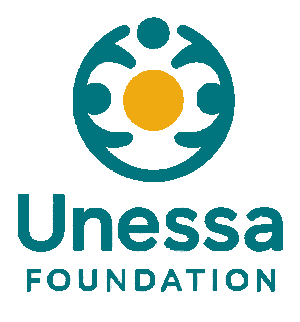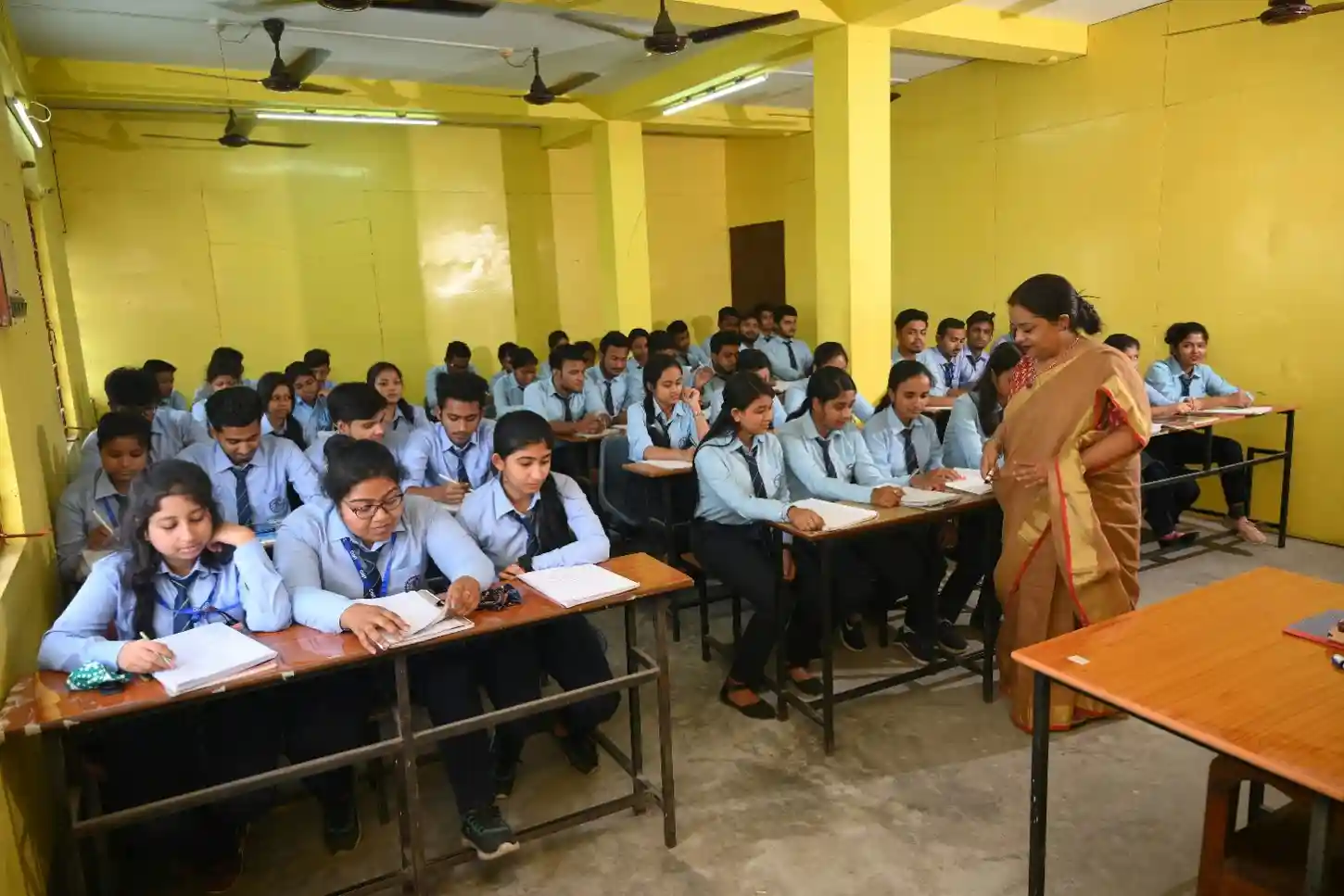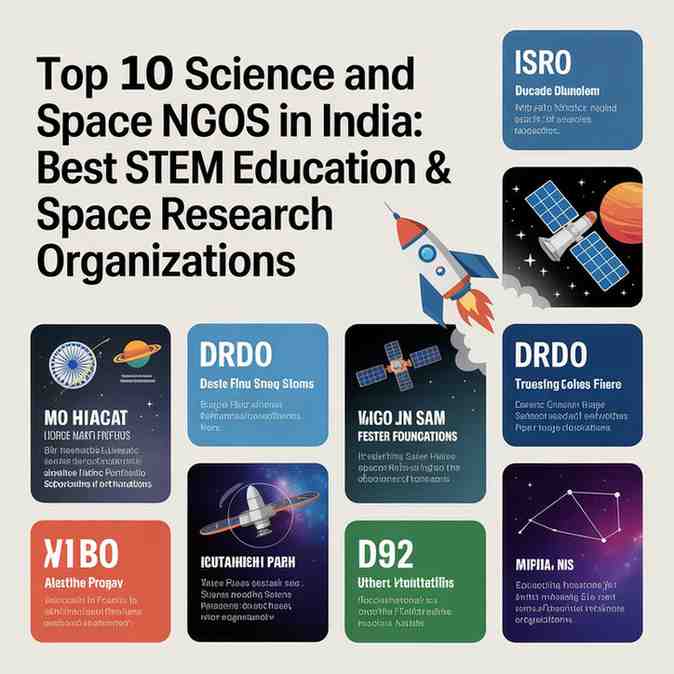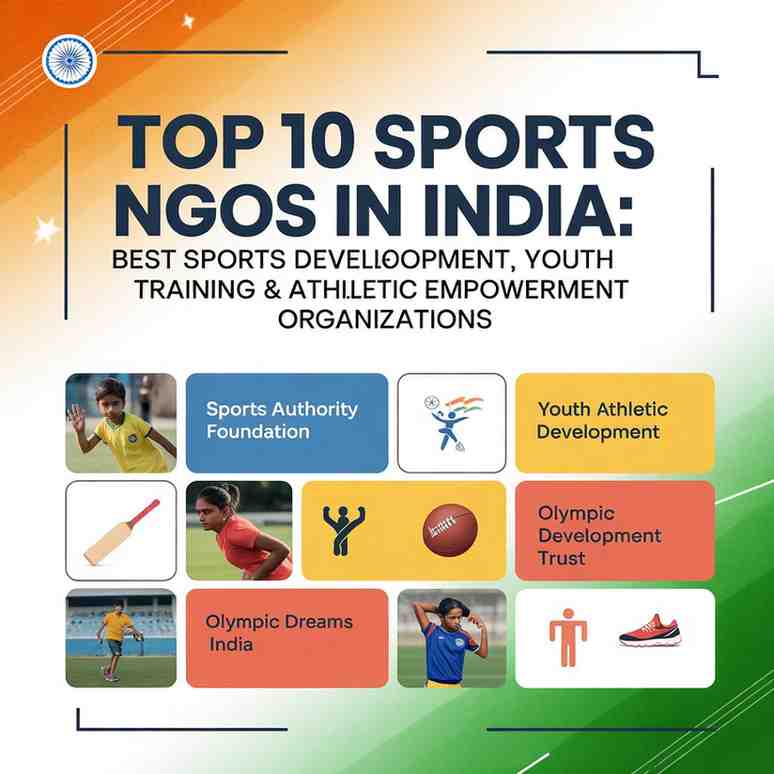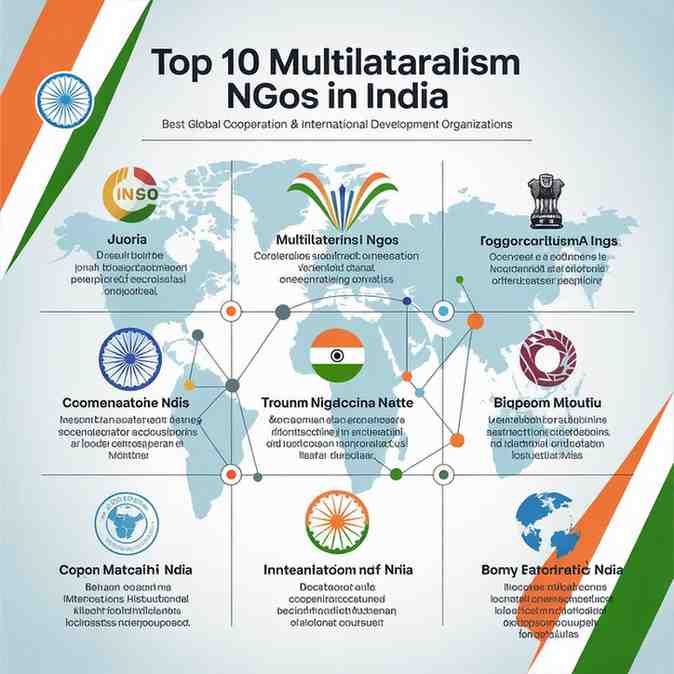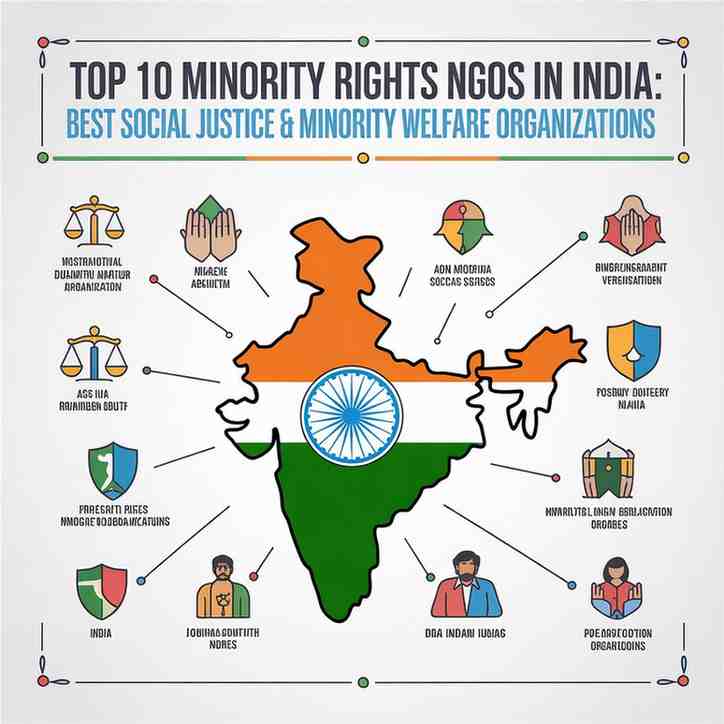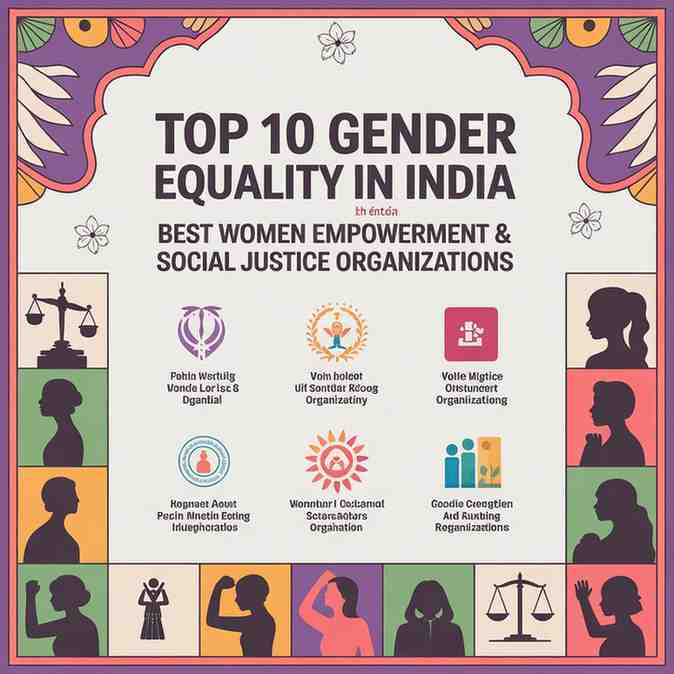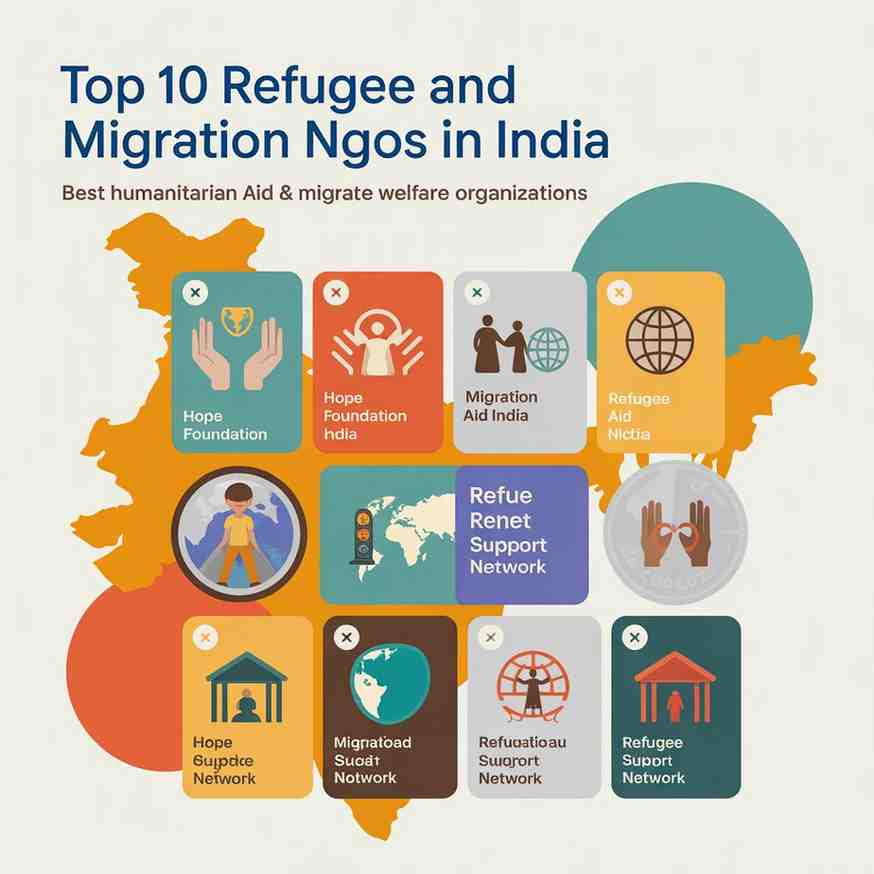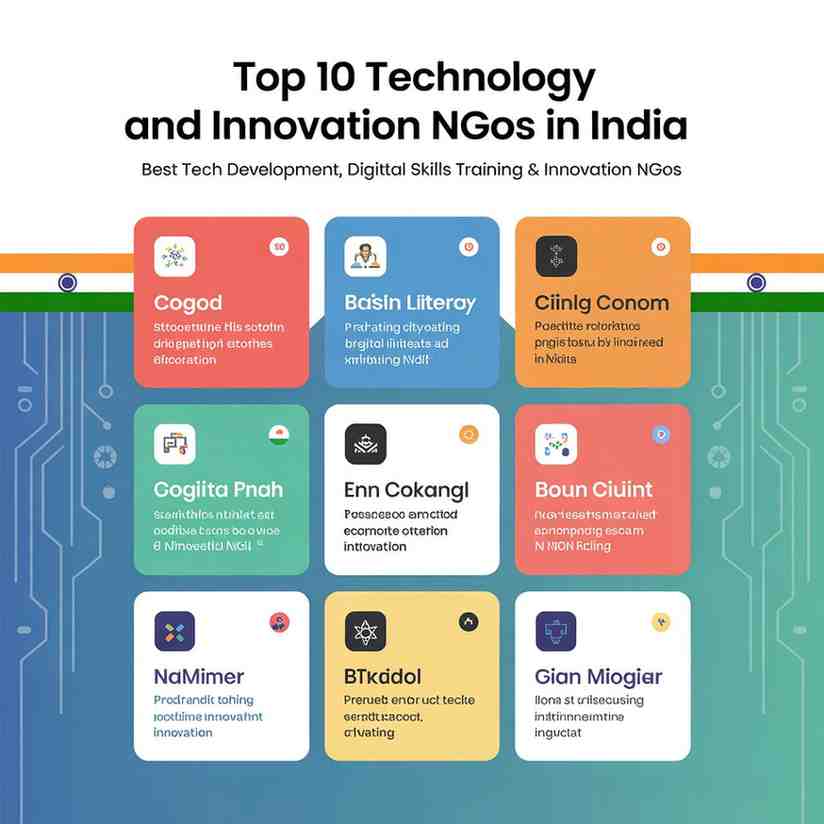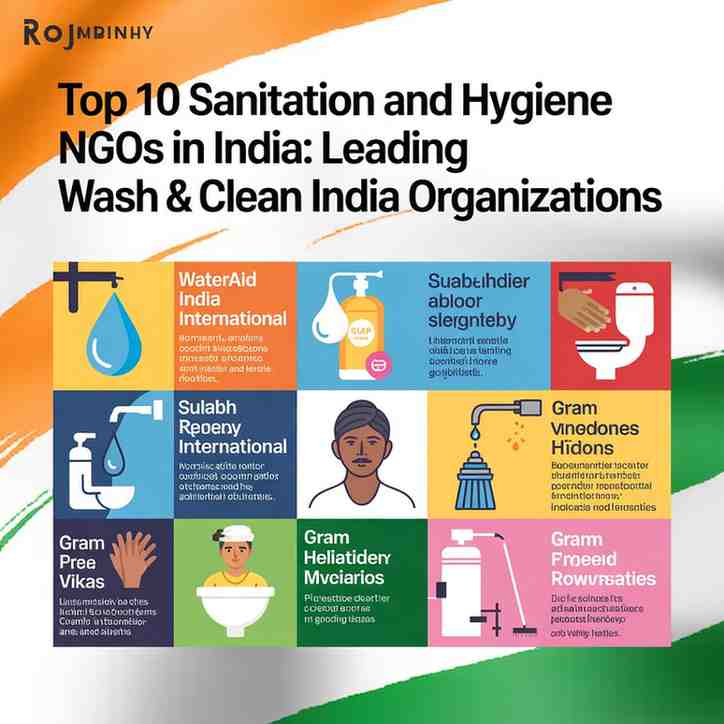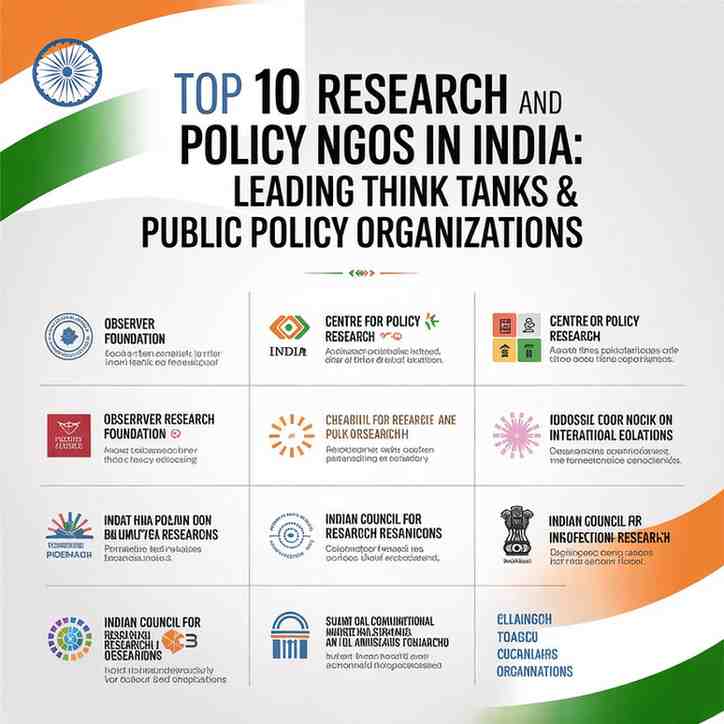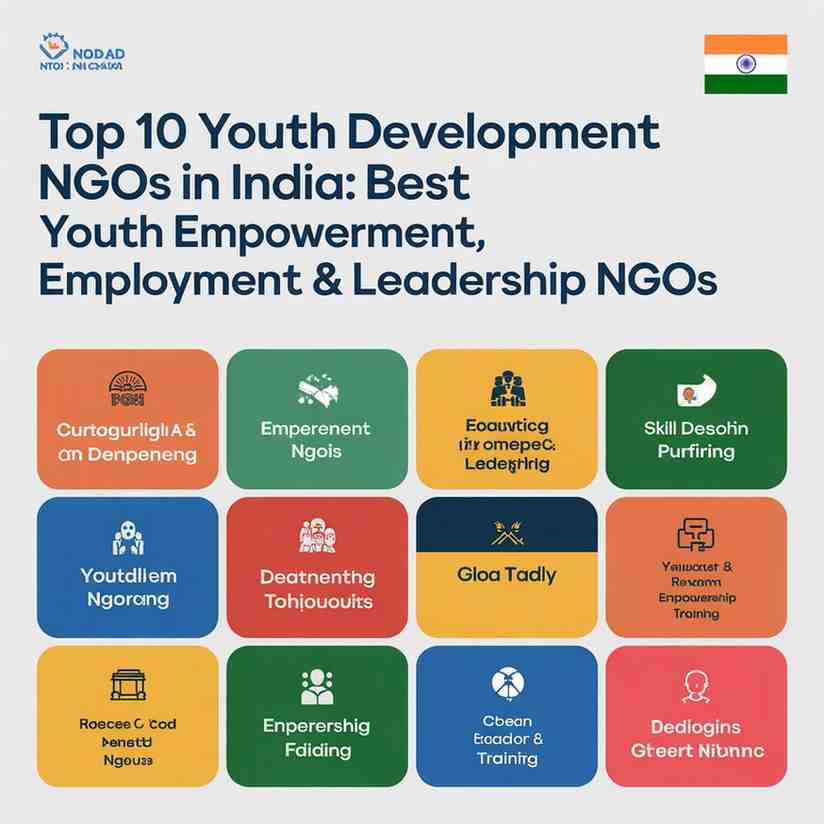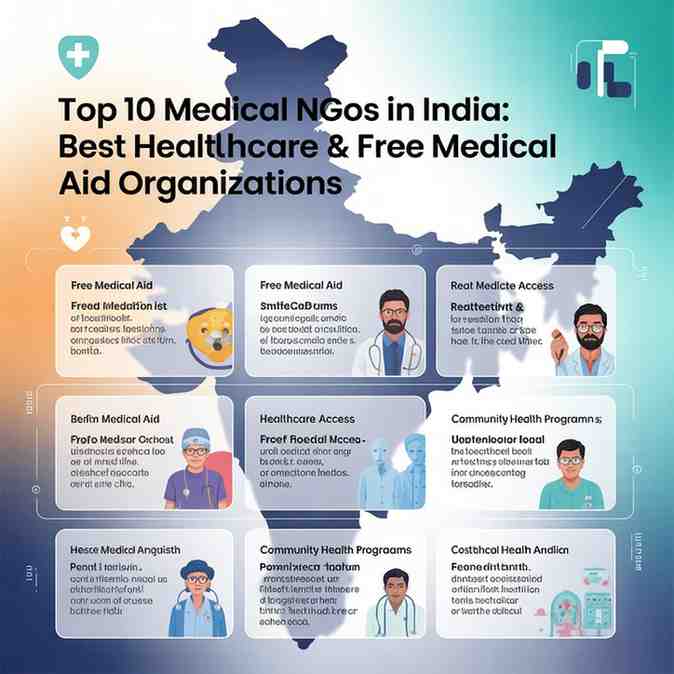Introduction: What If the Key to Your Child’s Success Starts at Home?
I used to think that a great teacher or a fancy school was the secret sauce to my kids doing well in school. I mean, who doesn’t want their child to have the best resources, right? But after years of parenting—and a lot of trial and error—I’ve realized something big: nothing beats the power of parental engagement in education. It’s like the spark that lights up a kid’s curiosity and confidence, especially for children in inclusive classrooms where every bit of support counts.
I’m not just pulling this out of thin air. The National Education Association says kids with engaged parents show up to school more, do better on tests, and are more likely to aim for college. But it’s not just about grades—it’s about creating a space where every kid, including those with special needs, feels seen and ready to take on the world. If you’re a parent, teacher, or someone who cares about kids getting a fair shot, you’ve already got the key. The question is, how do we use it?
In this post, I’m sharing what I’ve learned about parental engagement, why it’s a game-changer for inclusive education, and how you can start making a difference today. I’ll also mention the Unessa Foundation, an organization doing amazing work to help families get more involved in their kids’ education. Let’s dig into how we can shape a brighter future for our kids, one step at a time.
What Does Parental Engagement Really Mean?

Parental engagement isn’t just signing off on homework or dragging yourself to parent-teacher night. It’s about being your kid’s partner in their learning journey. For me, it’s the little things: reading a bedtime story, chatting about their day, or just asking, “What’s one thing you learned today?” Those moments add up. They show your kid you’re in their corner.
For parents of kids in special education or inclusive classrooms, it’s even more crucial. You’re not just a mom or dad—you’re their advocate, their cheerleader, sometimes even their translator.
Whether it’s making sure the school follows your child’s Individualized Education Plan (IEP) or creating a home vibe that supports what they’re learning, you’re the bridge to their potential.
I’ll never forget when I started carving out 15 minutes each night to go over my daughter’s schoolwork. It wasn’t about fixing her math problems (I’m no math whiz!). It was about listening to her talk about her day, her worries, her wins. Her grades got better, sure, but more than that, she started opening up. One teacher told me, “When parents show up, walls come down, and kids start to shine.” That’s stuck with me ever since.
Learn more about empowering parents in Top 10 Education NGOs in India.
Why Family Involvement Makes Inclusive Education Work?
Have you ever looked around your kid’s classroom and wondered if every child feels like they belong? Inclusive education is all about making sure every student—no matter their abilities or background—gets to learn and grow alongside their peers. It’s a beautiful idea, but it doesn’t just happen. It takes work, teamwork, and, honestly, a lot of us parents.
We parents are the ones who:
- Fight for our kids’ rights to a fair education.
- Push for tools like audiobooks or extra test time to level the playing field.
- Turn IEPs into real plans, not just paperwork, by teaming up with teachers.
When we’re involved, our kids feel supported. Teachers notice it too. I’ve talked to educators who say an engaged parent can be the difference between a kid struggling alone and one who’s thriving. It’s not about being perfect—it’s about showing up, even in small ways.
Organizations like the Unessa Foundation are a lifeline here. They offer workshops on navigating IEPs and connect families with tools like assistive technology. If their mission speaks to you, check out how you can support them at Unessa Foundation. Every bit helps kids and families. For more on inclusive education, see UNICEF’s work on inclusive education.
The Real Challenges for Special Needs Kids—and How We Step Up
Parenting a child with special needs isn’t easy. I’ve had days where I felt like I was fighting a losing battle—against outdated school resources, teachers who didn’t get it, or even the sting of my kid feeling left out. It’s exhausting, and I know I’m not alone in that.
But I’ve also seen what happens when parents keep showing up. We can:
- Demand tools like text-to-speech apps or sensory aids that make learning easier.
- Build communities, like parent groups, to share tips and support.
- Show up at school meetings to push for better training or policies.
Take Priya, a mom I met in Delhi. Her autistic son was struggling in a noisy classroom. She didn’t give up—she worked with the school to create one “sensory-friendly day” a month, with dimmed lights and quieter spaces. That one change helped her son and ended up becoming a schoolwide policy, helping tons of other kids. That’s the power of one parent who cares.
The Unessa Foundation supports families like Priya’s with training and resources to advocate smarter, not harder.
Want to help them keep going? You can donate at Unessa Foundation.
You’ve Got Power in Policy, Too
Laws like India’s Right to Education Act or the National Education Policy 2020 talk a big game about inclusive education, but they don’t magically fix things. Parents make them real. I’ve met moms and dads who felt clueless about their rights or too intimidated to speak up. That’s where groups like the Unessa Foundation come in, offering:
- Clear guides on what the law says and how to use it.
- Connections to services like speech therapy or tech tools.
- Ways to team up with other parents to push for change.
In Mumbai, I heard about parents who used NGO resources to get their school district to train teachers in inclusive practices. A year later, every teacher had new skills, and the kids were thriving. That’s not politicians—that’s parents like us.
If you need help navigating this, the Unessa Foundation has tools to empower you. Support their work at Unessa Foundation.
What You Can Do Right Now
You don’t need to overhaul your life to make a difference. Here’s what’s worked for me and other parents:
1. Join a Workshop:
Schools or groups like the Unessa Foundation often run sessions on IEPs or inclusive education. I went to one and walked away with ideas I still use.
2. Use Tech:
My daughter loves an app that reads her textbooks aloud. It’s like her science book turned into a podcast—she’s hooked!
3. Set Up Routines:
Breaking lessons into small, visual chunks helped my son focus. Find what works for your kid.
4. Talk to Teachers:
A quick email or chat after class keeps everyone on the same page. It helped my son’s teacher tweak assignments for him.
5. Let Your Kid Teach You:
Asking my daughter to explain something she learned made her light up. It’s a confidence booster.
6. Make Home a Learning Zone:
A quiet corner or a fun chart can make studying feel safe and exciting.
7. Connect with Support:
The Unessa Foundation has resources and communities for parents. Support them at Unessa Foundation to keep their work going.
For more on creating supportive learning environments, read Creating a Supportive School Environment for Mental Health.
Stories That Prove It’s Worth It
Let me share a few stories that hit home:
- Aarav’s Turnaround: Aarav, who has dyslexia, was super quiet and frustrated. His parents teamed up with his teacher to use audiobooks and talk through lessons at home. A year later, he was reading on his own and helping classmates with book reports. His mom says it was all about staying involved.
- Karnataka’s Big Win: Parents in a rural Karnataka school raised money for sensory tools and teacher training. Now, their school is a model for inclusion, and the kids’ smiles say it all.
- Gujarat’s IEP Success: A group of parents started reviewing IEPs with teachers regularly. My friend in the group said it made her feel like a true partner in her daughter’s education. The school now has better accommodations for everyone.
Learn about similar impactful stories in Stories of Change: Mental Wellness Programs That Transformed Lives.
Overcoming the Roadblocks
Let’s be real—getting involved isn’t always easy. Life’s busy, and sometimes you feel out of your depth. Here’s how I tackle that:
- No Time? Start small. Ten minutes reading with your kid or a quick email to their teacher counts.
- Not Sure How? Groups like the Unessa Foundation have guides on IEPs and your rights.
- Overwhelmed? Talk to other parents. Sharing stories makes it feel less heavy.
7 Things You Can Try Today
Ready to jump in? Pick one of these:
- Set one learning goal for your kid this month.
- Ask them what’s tough or lonely about school.
- Show up to one school event, even online.
- Follow the Unessa Foundation for resources.
- Email your kid’s teacher to sync up.
- Start a 15-minute reading habit at home.
- Share a win with your kid’s school.
You’re Already Making a Difference
If you’ve read this far, you’re already invested in your kid’s future. You’re their biggest advocate, their best teacher, their forever cheerleader. Every step you take ripples out—to your child, their school, and beyond.
The Unessa Foundation is there to back you up with tools and support for inclusive education. If you like what they’re doing, consider helping out at Unessa Foundation. As one teacher told me, “Inclusive education starts at home, with families who care enough to show up.” Let’s show up—together.
💛 Donate to Support Mental Health Programs 💛
Your donation helps us fund:
- Emotional health toolkits for classrooms
- Training sessions for teachers and caregivers
- Mental health workshops and counseling support
- Art and play therapy sessions for children in trauma
Even a small monthly contribution can fund mindfulness materials, journals, or wellness kits for multiple children.
Want to see how effective digital platforms can amplify NGO impact? Check out The Power of NGO Websites: Examples and Key Elements.
